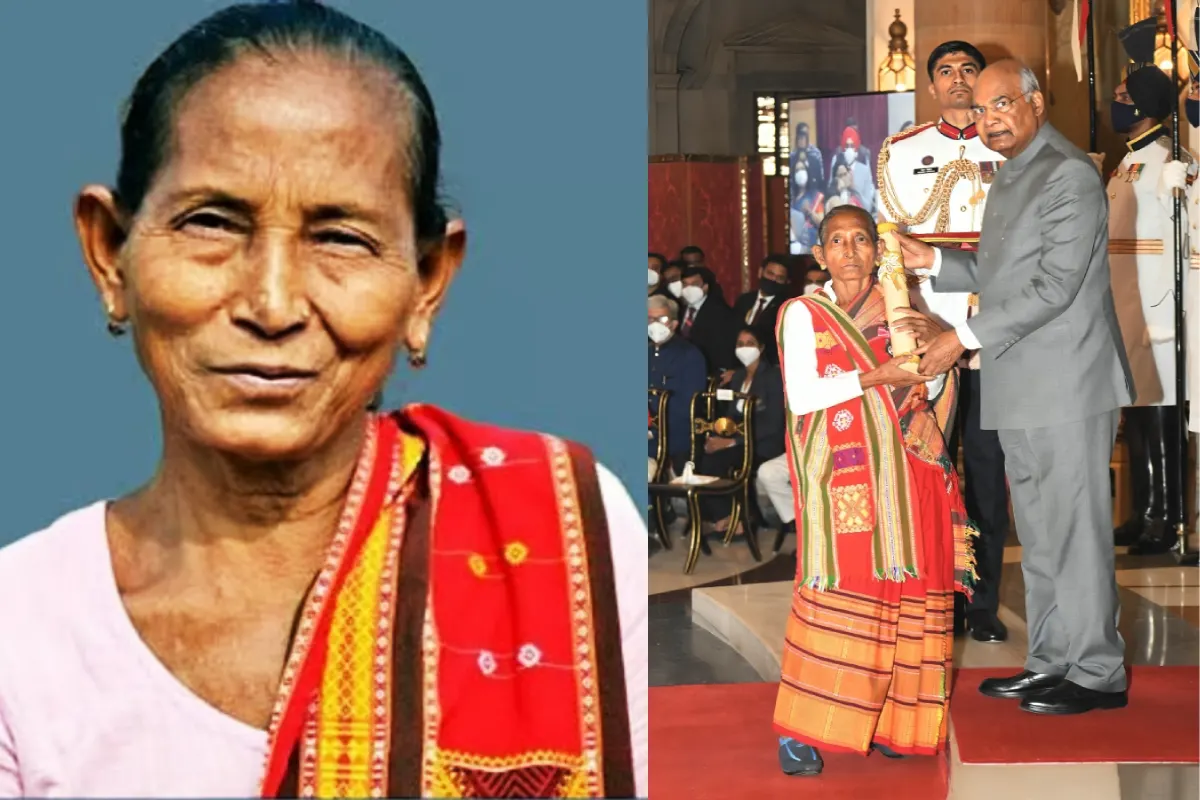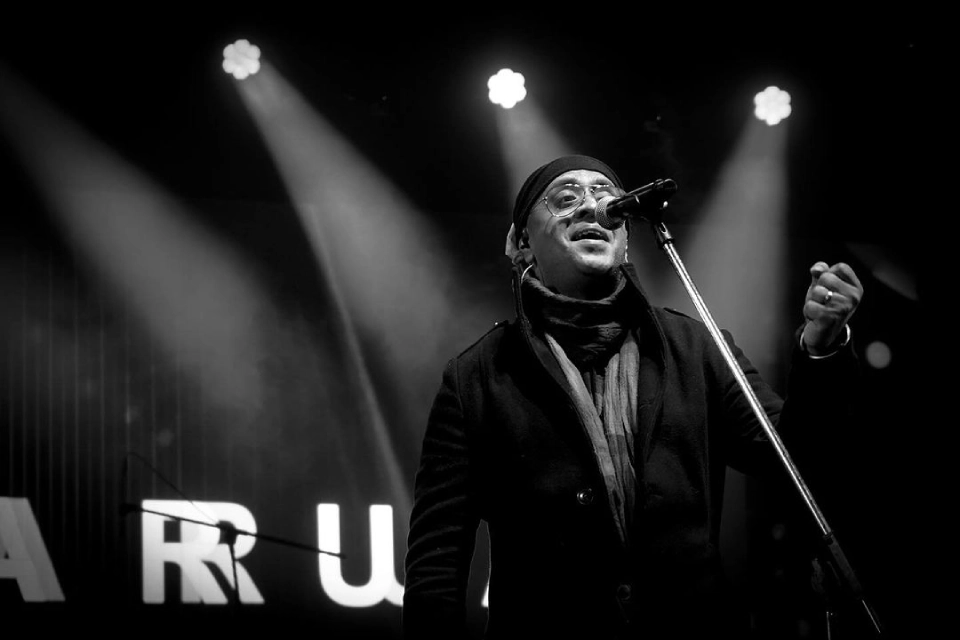Let’s have a look at the personal memoirs of Birubala Rabha, a social reformist who fought against all odds to combat the adverse impacts of superstitions in Assamese society.
Diversity Assam
Updated on :
Share this post
Birubala Rabha was one of the most dedicated social activists of Assam who passed away recently at Guwahati Medical College Hospital. Her passing is a significant loss not only for Assam but for every Assamese who stood against social evils.
But why is her loss felt so deeply? Let’s know who Birubala Rabha was, and why she is considered a rare gem in Assamese society.

The birth of an ordinary girl
Birubala Rabha was born on May 13, 1954, as an ordinary girl in a small village called Thakurvilla in Assam’s Goalpara district. She lost her father when she was only six years old, forcing her to leave school and help her mother with household work. For many years, she led an ordinary life. However, an encounter with superstition changed her path, transforming her into an extraordinary fighter against deep-seated beliefs that harm society.
History of superstitions
The witch hunt is a superstitious practice that has been destroying the lives of countless people for years. Superstitions and accessibility contribute to cases that result in severe abuse of the accused and several incidental victims.
Like many other areas around the nation, Assam often saw killings, injuries, and suffering brought on by witch-hunting—a horrific tradition and a socially approved violence. Numerous instances of murders committed in the name of witch-hunting have raised serious concerns about the laws and prompted anti-witch-hunting initiatives.
Frequently concealed in superstition, the elements that allow this social danger to persist are an ongoing concern for humans of all kinds. Witch-hunting has been a common practice among Assamese aboriginal people since the beginning of their cultural beliefs and traditional values.
Personal encounters
In 1985, her eldest son, Dharmeshwar, who was struggling with mental health issues, fell severely ill with typhoid. When conventional treatment seemed out of reach, they visited a village quack who claimed that Dharmeshwar was “possessed” and married to a fairy.
The quack even predicted his imminent death. Against all odds, Dharmeshwar recovered, leading Birubala Rabha to realize how baseless these superstitions were. She vowed never to visit quacks again and began raising awareness about the dangers of superstitious practices.
In addition, Birubala Rabha had yet another personal tragedy when her husband unexpectedly became ill and passed away one day. The entire family and surrounding community accused her and labeled her a witch without knowing the specifics of their private lives.
Mission Birubala
Her journey to combat these beliefs officially took shape with the founding of Mission Birubala in 2012. This organization aimed to create awareness against witch-hunting and other social evils, as well as provide rehabilitation to victims. Through Mission Birubala, she managed to save 55 lives across Assam, helping countless victims escape the violence associated with superstition.
The Crusader of Assam
In order to raise awareness of many societal problems such as intoxication, domestic abuse, and witch hunting, Birubala Rabha first founded the Thakurvila Mahila Samiti. She later launched a resolute campaign with the Mahila Samitis to stop witch hunts in Assam, which began in the 1980s.
Her efforts extended beyond community activism; she played a pivotal role in legislative change. Birubala Rabha’s advocacy contributed to the Assam Witch Hunting (Prohibition, Prevention, and Protection) Act, 2015, which criminalizes witch-hunting practices.
Under this law, offenders can face up to seven years in prison and a fine of up to five lakh rupees for labeling someone a “witch.” This legislation stands as one of the strongest efforts to curb witch-hunting in India, largely thanks to Birubala Rabha’s dedication.
Also Read: Dr. Purnima Devi Barman: The Champion of The Earth
Recognitions and Awards
Birubala Rabha’s work earned her both national and international recognition. She was nominated for a Nobel Peace Prize by the Northeast Network in 2005, awarded an honorary doctorate by Gauhati University in 2015, and received the Padma Shri, India’s fourth-highest civilian award, in 2021. In 2018, Birubala Rabha was honored with the Women’s World Summit Foundation Prize.
Inspiring journey of a brave heart
During interviews she has said, “When I started fighting against witch hunts, villagers came in packs to beat me up and kill me,” adding to it she said, “My own relatives called me a witch after my husband died of cancer.” But beyond these obstacles and societal stigmas, she stood tall against it, proving to be a resilient and brave reformist as well as a strong woman with a vision.
On May 13, 2024, Birubala Rabha took her final breath, bidding farewell to Assam and the world. Though she may no longer be with us, her legacy as a fearless crusader against witch-hunting will live on, inspiring future generations to fight against superstition with scientific approaches and uphold human dignity with progressive actions in society.

Diversity Assam is the first of its kind content publisher from Assam, proudly publishing blogs, articles and stories to promote the natural, social, cultural, and financial diversity of Assam. Contact us at editor@diversityassam.com


